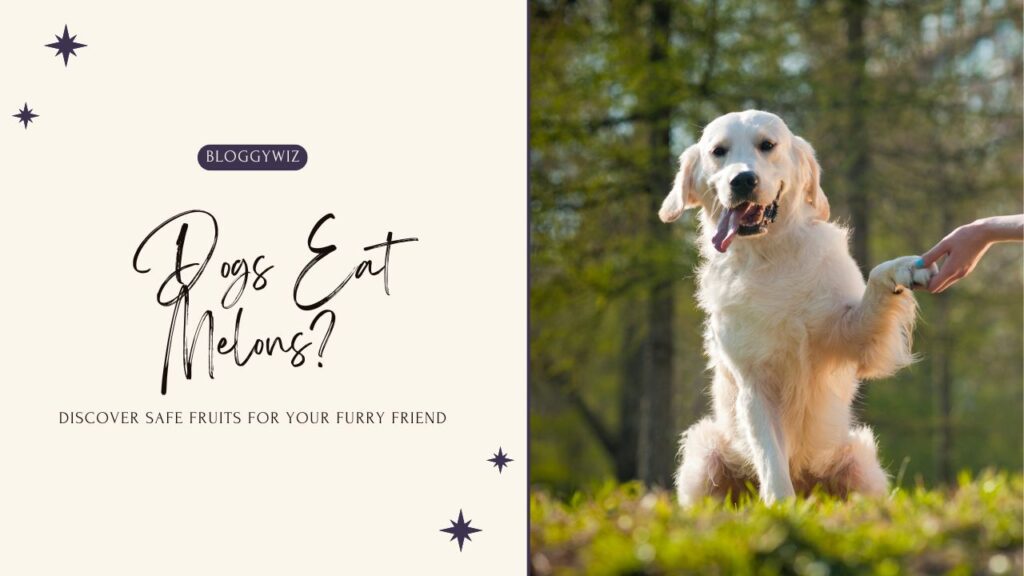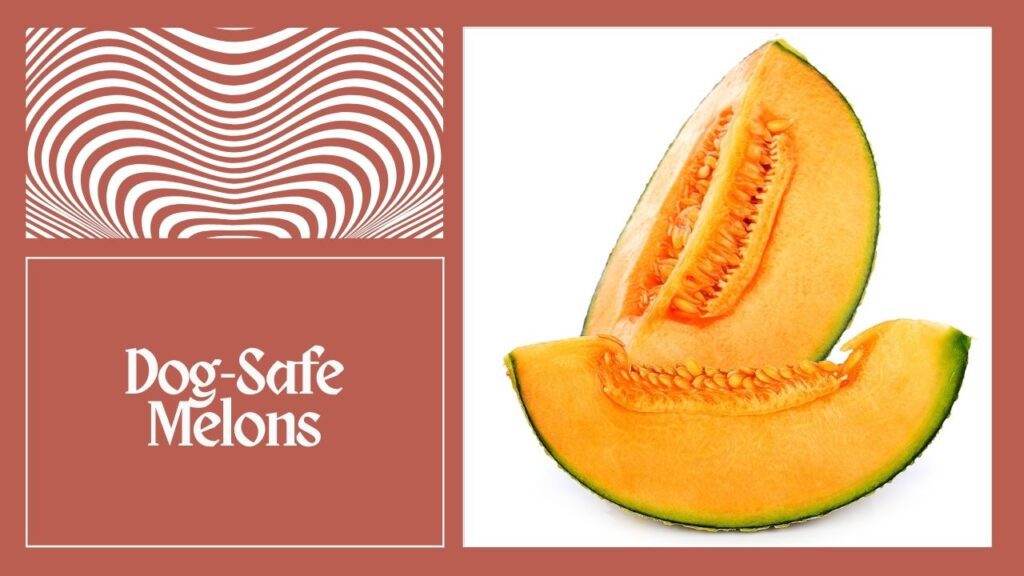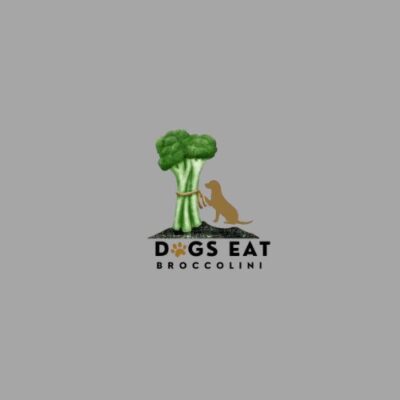Yes, dogs can safely eat winter melon! Also known as ash gourd or wax gourd, Is it a healthy treat packed with antioxidants, soluble fiber, and vitamin C. These nutrients help boost your dog’s immune system, keeping them healthy and happy. However, it’s essential to ensure that dogs don’t come into contact with unripe winter melons, as the fuzzy hairs on the skin can cause skin irritation.
What is Winter Melon?
This is a versatile vegetable that’s commonly found in Asian markets. It’s low in calories but packed with nutrients such as antioxidants, soluble fiber, and vitamin C. These nutrients can benefit dogs just as they do humans. However, before you offer a slice to your pup, it’s important to know how to prepare it safely.
Benefits of Feeding Winter Melon to Dogs
This can be a healthy treat for your dog when given in moderation and is it rich in several nutrients that benefit dogs:
- Vitamin C: The high content of vitamin C in this fruit helps strengthen your dog’s immune system, offering protection against infections and diseases.
- Antioxidants: These help fight off harmful free radicals, reducing the risk of chronic illnesses.
- Soluble Fiber: The soluble fiber found in this fruit aids digestion, regulating bowel movements and preventing constipation. It may also help in managing insulin levels, which is particularly beneficial for dogs with diabetes.
A halved cucumber slice with a green arrow pointing towards it, highlighting its fresh and crisp texture.

While this is generally safe, there are a few risks to be aware of:
- Seeds: The seeds of this fruit can be a choking hazard for dogs, especially for smaller breeds. Always ensure that you remove the seeds before serving it to your pet.
- Fuzzy Skin: Young winter melons have tiny hairs on their skin that can cause irritation if they come into contact with your dog’s skin.
- Overeating: Too much winter melon, especially if it’s raw, can cause digestive issues such as diarrhea in dogs.
How to Serve Winter Melon to Dogs
You can serve it raw or cooked to your dog, but make sure to prepare it properly:
- Wash the melon thoroughly to remove any dirt or pesticides.
- Peel off the skin and remove all the seeds.
- You can serve it raw or lightly cooked. If you choose to cook it, steam or boil the melon without any seasoning. Avoid adding salt or spices, as these can be harmful to dogs.
- Always serve in moderation and only as an occasional treat to avoid upsetting your dog’s stomach.
Alternatives to Winter Melon
If your dog enjoys the taste of this fruit, they might also like other dog-friendly vegetables such as cucumber or zucchini. These are also safe, low-calorie options that can provide similar health benefits to your pup.
Wintermelon in Tagalog
In Tagalog, its called “batuan” or “batuan ng tag-init.” It’s also known as “patola” in some regions, but this term can also refer to a different type of vegetable.
Wintermelon Milk Tea
Wintermelon milk tea is milk tea made with wintermelon, a soft and mild gourd typically found in Chinese, Indian and other Asian cooking.
This has a sweet and slightly vegetable-like flavor. It’s especially comforting for anyone who enjoys brothy Asian soups with sweet vegetables.
This is exactly what you want because there’s only so much milk tea and soup (which is probably my favorite Cantonese dish) you can enjoy in a short period.
FAQs
Is Winter Melon Good for Dogs?
Yes, this can be good for dogs as it provides vitamin C and potassium, which support their immune system. Other melons are also safe for dogs and also beneficial date fruit.
What Kind of Melon Can Dogs Eat?
- Cantaloupe: Safe in small amounts; avoid seeds and rind.
- Watermelon: Safe in small amounts; remove seeds and rind.
- Honeydew: Safe in small amounts; remove skin and seeds.
Are Any Melons Toxic to Dogs?
Most melons are safe, but always check the specific type, especially exotic ones, as they might not be well-studied for safety. Avoid seeds and rind, which can cause issues.
Are dogs allowed to eat Korean melon?
Yes, dogs can eat Korean melon or cantaloupe, but only in small amounts. These fruits aren’t harmful to dogs, but they do contain a lot of sugar, so it’s important not to give them too much. It’s always a good idea to check with your vet before giving your dog any human foods, including melons.

Can Dogs Eat Melons Regularly?
Melons have a lot of sugar, so don’t give them too often. A few small pieces every couple of days is usually fine. Avoid giving them large amounts or giving melon every day.
Conclusion
Winter melon can be a healthy and safe treat for your dog, but it’s important to serve it correctly. Always peel, remove the seeds, and feed it in moderation to avoid digestive issues. And as with any new food, start with small portions to make sure your dog doesn’t have any adverse reactions. When in doubt, consult your veterinarian to ensure this fruit fits into your dog’s balanced diet.
Have you ever shared with your dog? Let us know how your pup reacted! Remember, every dog is different, and what works for one may not work for another. Always put your dog’s health first and offer them a variety of nutritious foods to keep them happy and healthy.
If your dog likes to at this fruit, you could also try offering cucumber or zucchini. and other safe fruits for dogs. These veggies are safe for dogs and offer similar benefits, as a same question Can Dogs Eat Ritz Crackers?











No Comment! Be the first one.